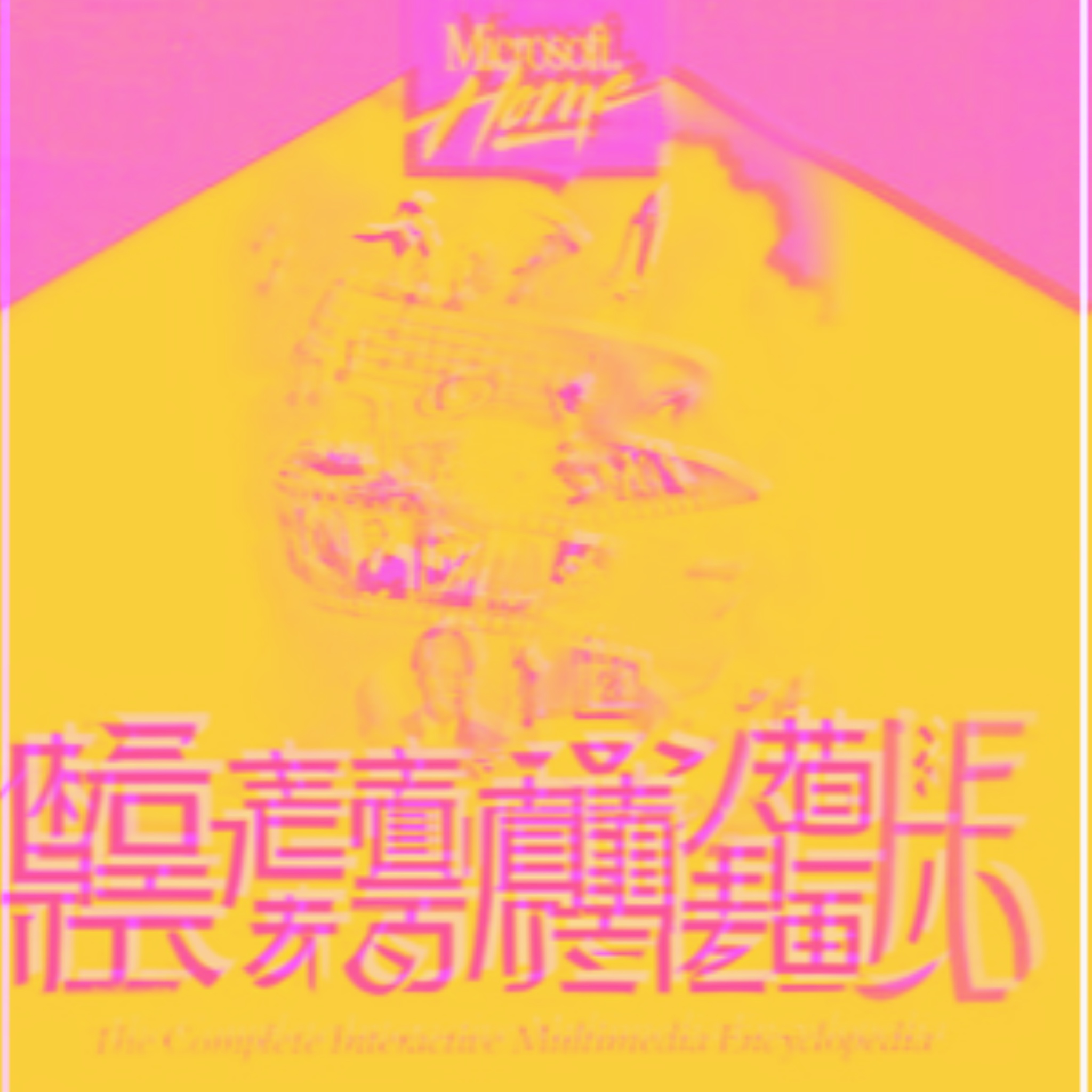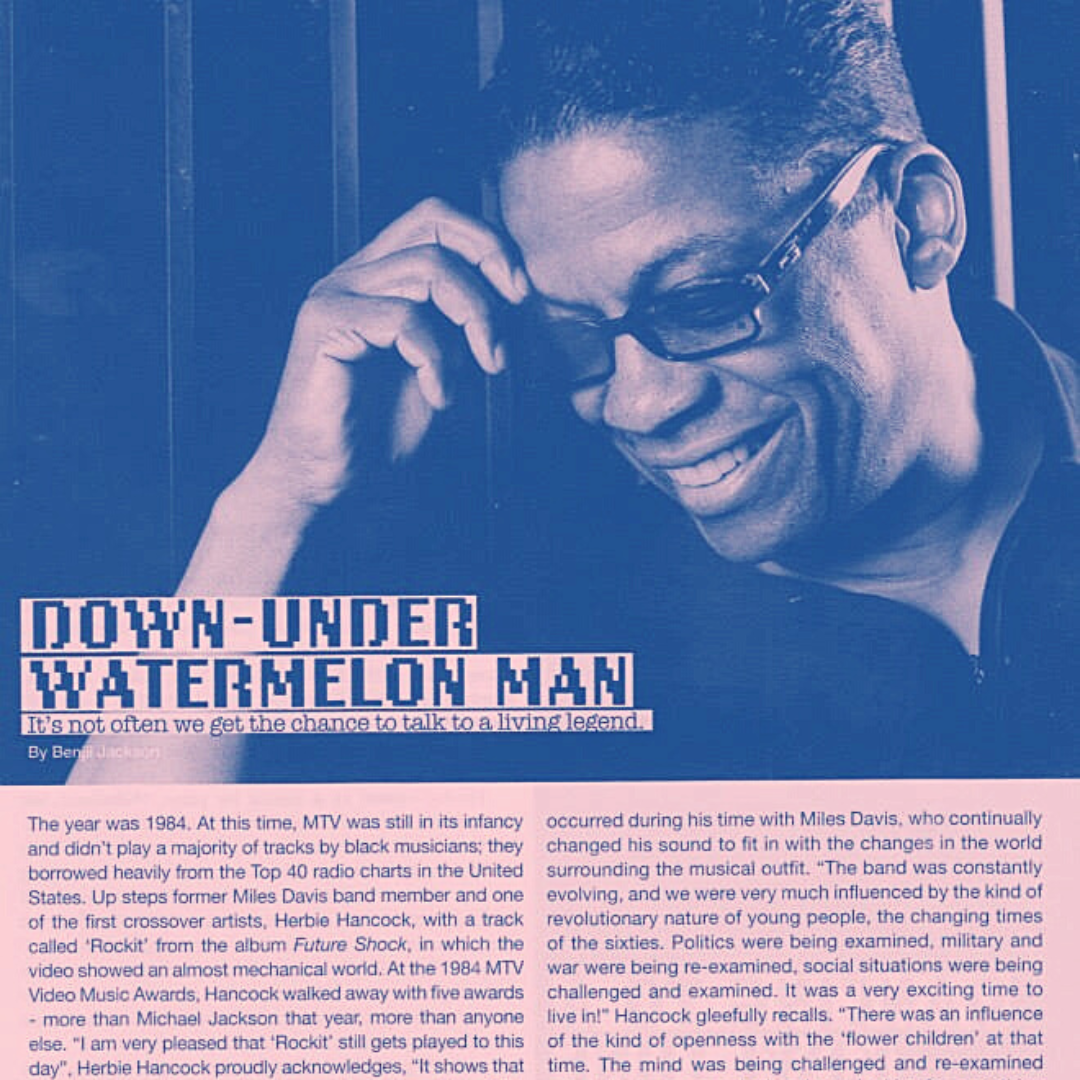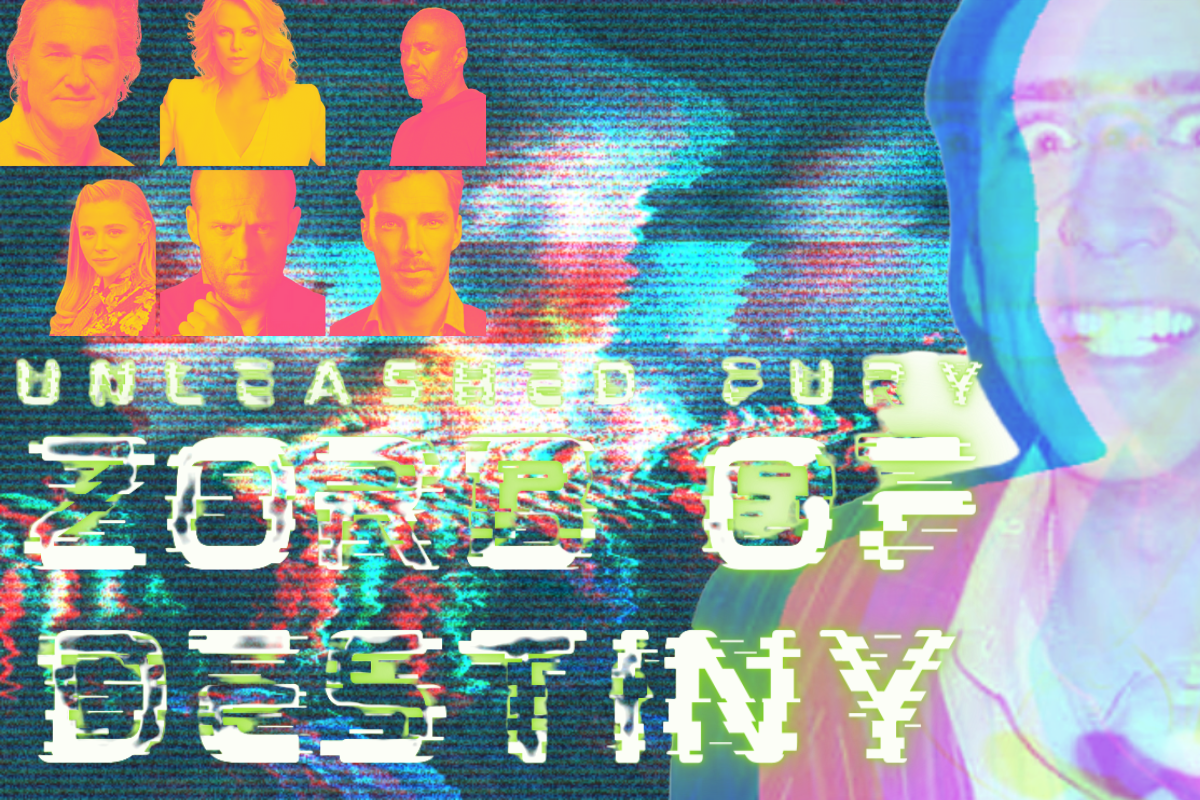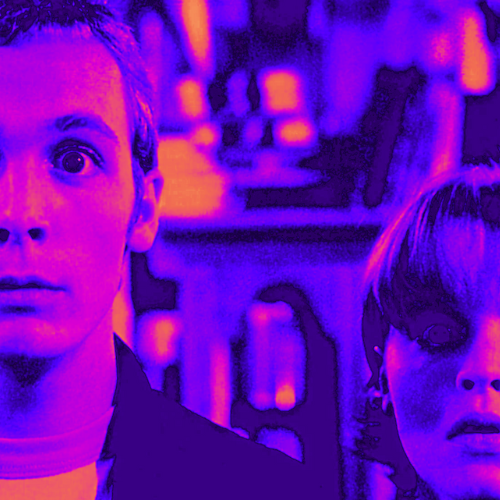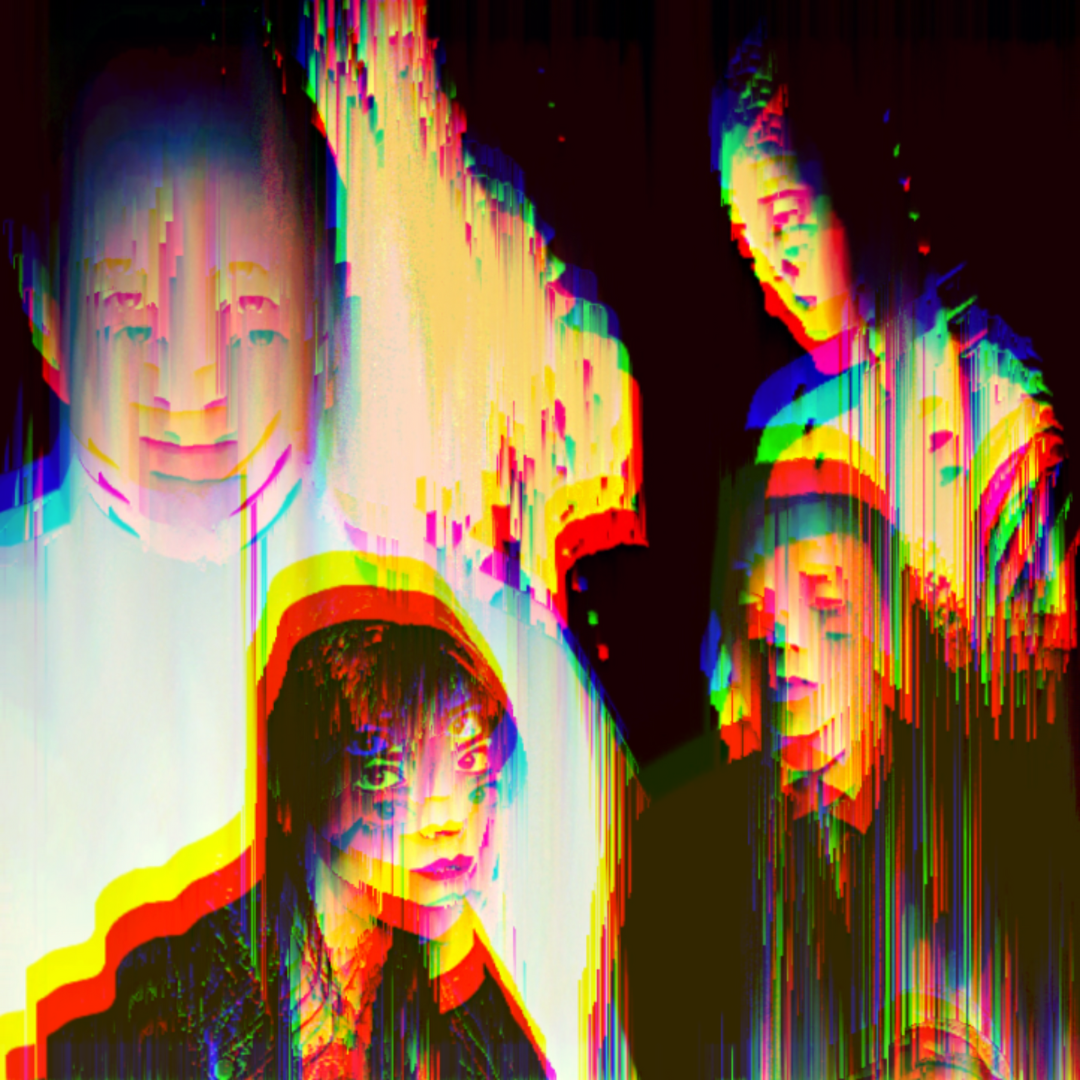There is a generation out there that were born into the wealth of knowledge that Wikipedia has brought to the masses. It is the go-to when it comes to sourcing information – so much so that while I was studying at University we were unable to credit Wikipedia as a source.
Understandably, Wikipedia being an open project, it’s reliability at times does come under questions. I recall a few years ago there was furore movie studios were removing information from latest releases due to spoilers which, according to the governing body (i.e. a lot of people), hindered the concept of Wikipedia and it’s plot discussion.
Before Wikipedia though, we had Ask Jeeves, who would compile the best results across the internet for any questions you may wish to ask (sort of a friendlier version of Dogpile, which was a bit more of an advanced metacrawler). But even before Ask Jeeves, there was one encyclopedia that ruled new media before new media realized it was a thing.
[youtube https://www.youtube.com/watch?v=rxNsIBJOAA8&w=560&h=315]
Ah, that iconic opening theme. The sound collage amalgamating Nelson Mandela with dialogue from Death Of A Salesman was for many as iconic as Brian Eno’s composition that played each time Windows 95 launched. There’s even a comment in the YouTube video that stated the theme “encapsulated the optimism of the 1990s” which I can’t argue with – it was always exciting when, as an 11-year-old, not only have you graduated from a console to a PC, but that you had all this information at your feet which were fun to get lost in.
Encarta 95 certainly wasn’t the first multimedia encyclopedia; that honour goes to 1989’s Compton’s Multimedia Encyclopedia. It wasn’t even the second with The New Grolier Multimedia Encyclopedia earning that plaudit but with Microsoft in the 90’s becoming a juggernaut in classrooms, Encarta 95 became the standard alongside some often overlooked pieces of software that include Creative Writer, Fine Artist and The Way Things Work (which wasn’t a Microsoft product but I’d be wrong not to include Doring Kindersley here somewhere.)
I also fully intend to write about Creative Writer because Mczee doesn’t get enough love. Mczee, kids, was my Microsoft Word Paperclip…

Late 1994 I ended up with my first PC. Before then, my household was a staunch Acorn Archimedes household given that in New Zealand at that stage, the Acorn was part of the national curriculum (and in a patriotic sense, being ex-pat Brits, part of the UK’s national curriculum also). As the ’90s rolled on, the Archimedes was taking a back seat to the Apple Macintosh and Windows-based PC’s. Family friends all started discussing how great their PC’s were and how the workforces were all predominantly using the operating system, we ended up with a Compaq Presario having underhandedly coerced a computer shop my family were friends with to get one a week earlier than planned.
This led to the fortunate circumstances that allowed me the luxury of owning Encarta 95; there was a price drop with the software but it became part of Windows 95’s OEM (original equipment manufacturer). Bundled with a host of other programmes (that I didn’t care about as I had a rudimentary undertaking of PKUNZIP), the PC sat proudly in the sunroom on May Road in Mt Roskill, with cautious eyes over what was being installed and what food/drink was being consumed near it.
Encarta 95 blew the minds of everyone in our household and it felt like the software knew everything despite the limitation of the compact disc. Needed to hear the national anthem of Italy? Check. Wanted to see iconic events captured on film? It ran video clips and even audio excerpts from historic events.
I was even reminded by Tom Morrison that it even had a section explaining how basketball is played which brought back memories of collecting Upper Deck basketball cards and earning store credit at the Card Crazy in Victoria Park Market.
[youtube https://www.youtube.com/watch?v=UPv3KV1pIzA&w=560&h=315]
It wasn’t acceptable playing Day Of The Tentacle for more than three hours. It was perfectly fine for me to be immersed in Encarta 95 for that amount of time as I navigated through a rabbit warren akin to being stuck in a Wikipedia hole where a link leads to link leads to a link. Going to Mt Roskill Intermediate and finding out that one of the extra-curricular classes involved using Encarta 95 made me feel like I was head of that specific class and looking back perhaps if I knew the concept of hubris I might have pulled back a little telling my teacher I knew what I was doing.
It was all driven through hyperlinks; intrinsic by today’s standards but at the time was seen as a revolutionary way to access information from a compact disc. Rather than direct people to the index of the multimedia encyclopedia or force people to use the search button, articles contained links within itself which would lead people into other parts of the encyclopaedia crafting wormholes where one could be looking at national flags and then somehow be moved into looking at semaphore videos.
We laugh now about hyperlinks because they are a standard. This was a time though where the internet was still not in every household (in New Zealand at least), there were still Bulletin Board Systems and a significant portion of the world wide web was more text-based than graphically driven. We were spared memes back then but soon enough, we were inflicted with Dancing Baby gifs and Geocities websites.
“But that all sounds really boring, Benjii” some people might complain. “You were being educated on a dead format that perhaps advanced the idea of belittling an older generation because you knew as much as they did without the life experience.”
Which… ahem… well… might be viewed as problematic to an extent.
But did I mention Mindmaze?

Ctrl-Z brought up Mindmaze, a multiple choice game testing the knowledge you have picked up after busying away for hours in the encyclopedic element of Encarta. Set inside a castle with an appearance similar to Prince of Persia, Ultima and Advanced Dungeon and Dragons, Mindmaze saw you trawl through the catacombs answering questions with points dwindling down the longer it took you to select your answer from four multiple choice questions.
You were given the option of ten areas of interest, moving from door to door, with links next to each answer that hyperlinked through to articles on the options you were given. It still stands up to this day as a fun romp included in the software package and it’s visuals something I would have hoped I came across within the vaporwave scene. Thankfully, someone has recorded a playthrough of Mindmaze – kudos to you, Arm4g3dd0nX.
Encarta 95 was my generation’s Wikipedia, while an older generation would cite Encyclopedia Britannica was their Wikipedia. It’s interesting how we accessed our information before the internet revolution took hold of society. Wikipedia may boast a large amount of information driven by user-created articles and updates, but it’s still viewed as an unreliable source by some academics.
Where Encarta perhaps excelled over Wikipedia was the licensing of actual encyclopedias to become more of a reliable source at the time. Microsoft released a number of volumes and the last known instance of Encarta was an online version in Japan which finally ceased to exist in 2009. Despite moving from CD to DVD and then to an online format, the popularity of speediness of Wikipedia all but put my beloved Encarta to bed.
To be honest, I was surprised it lasted so long.
But as a child of the ’90s, there is always something nostalgic when the topic of Encarta 95 is brought up. I know I’m not alone and I eagerly await the day I go to a club night and they’re running Encarta 95 in the background.
